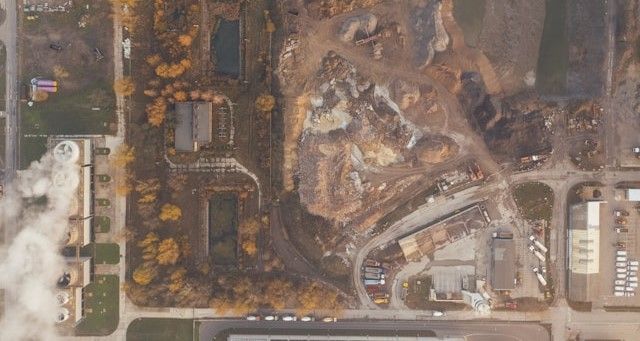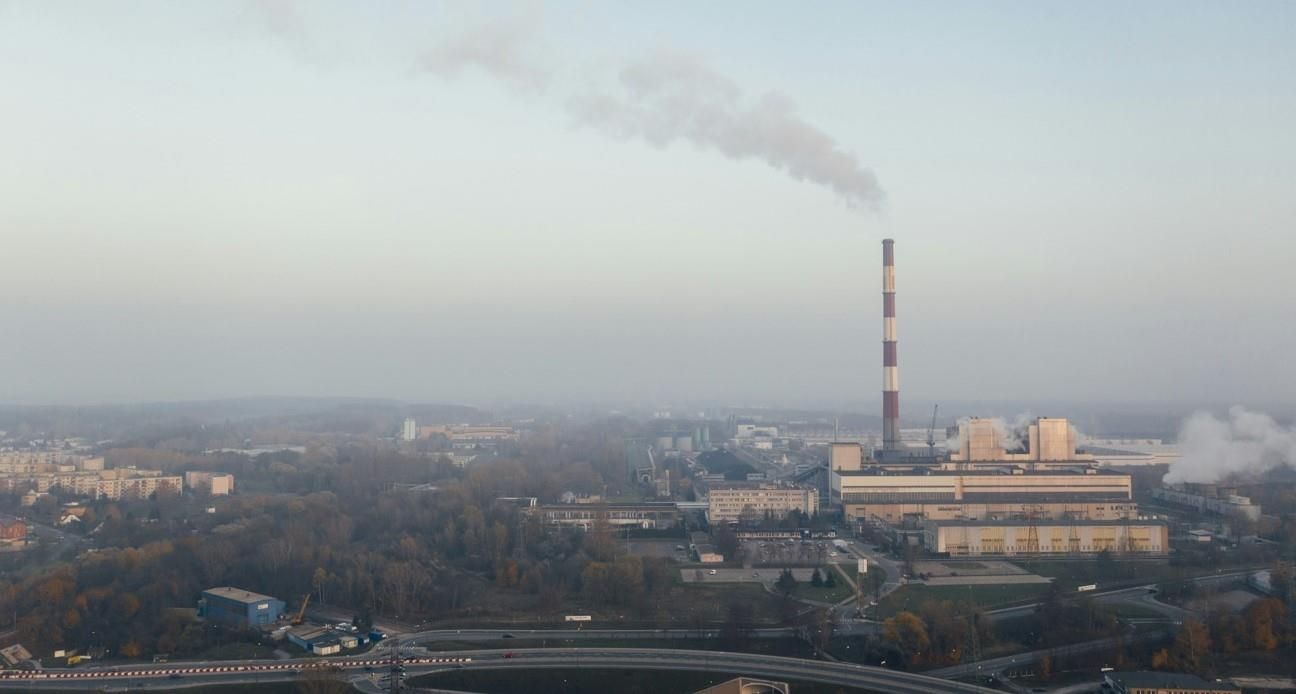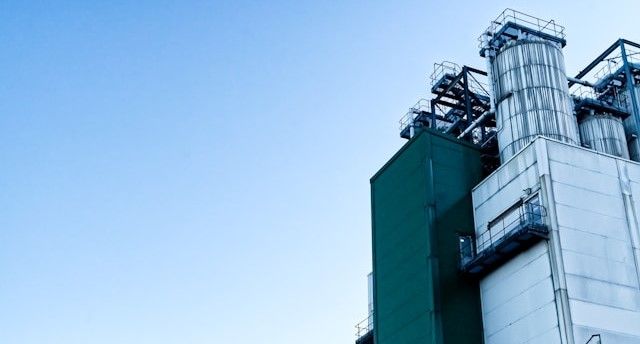Recently published analysis has identified the three largest barriers to producing eco-friendly raw materials and chemicals—a key goal for mitigating climate change and fostering sustainable economic growth.
Conducted by the Industrial Transition Accelerator (ITA), an initiative launched at COP28 in partnership with UN Climate Change, the research studied more than 450 massive industrial projects in six of the most polluting economic sectors. It found that investment into producing eco-friendly commodities, such as green chemicals, were being restricted by insufficient product standards, a lack of efficient regulations, and poor support for promoting consumers and industry from adopting sustainable products and practices. Without improvements in these areas, investors were holding back from placing their funds in greener raw material projects, such as sustainable industrial chemicals.

The investment was needed for the facilities and energy projects to meet international carbon emission targets. As a recent report in the UK’s Chemical Industry Journal highlights, “Heavy industry – aluminium, cement, chemicals, steel, aviation and shipping – contributes approximately 30% of all global CO2 emissions. Unlocked, the global pipeline of green industrial projects would not only dramatically cut global emissions, but also contribute significantly to domestic green growth agendas.”
If the Paris-aligned climate targets are to be met, then a “critical mass of large-scale projects … must reach their Final Investment Decision (FID) in the next 2-3 years and be brought online by 2030,” the report adds.
The ITA analysis identified 473 net-zero industrial plants which if successfully completed on time would combine to meet 80% of the 2030 target.
“We need trillions of dollars and a variety of solutions to decarbonise these industries,” said Dr Sultan Al Jaber, UAE Minister of Industry and Advanced Technology, COP28 President, and ITA Co-Chair. Before adding that, “Finance and innovation aren’t enough. Progressive government policies are critical to deploying solutions at the scale and pace needed. Now is the time for all stakeholders to seize the socio-economic opportunities of green industrialisation, roll up their sleeves, and deliver during this critical decade of action.”

“The Industrial Transition Accelerator will help us move faster in the fight against climate change by increasing demand for low-carbon projects, cutting red tape, and ensuring clean energy projects around the world are operational as quickly as possible,” explained Michael Bloomberg, UN Secretary-General’s Special Envoy on Climate Ambition and Solutions and ITA Co-Chair. “The faster we move, the more we can grow the global economy and save lives.”
Related articles: A Safer, More Sustainable Process for Industrial Fluorine Feedstocks and Low Cost, One Hour Process Recycles PET from Mixed Plastic Waste
“By driving uptake of policies that stimulate green demand like mandates, embodied carbon emissions standards, and carbon pricing, we can create the conditions for a wave of investments,” adds Faustine Delasalle, Executive Director of the ITA Secretariat.
“That is why we launched the Industrial Transition Accelerator,” explains Dr Al Jaber. “To drive decarbonisation across six heavy-emitting sectors which together account for over 30 per cent of global CO2 emissions.”

The Industrial Transition Accelerator is focused on resolving the three key barriers by using the following tools:
1. The Policy Playbook: to meet the need for clearer government policy through regulations or mandates to lower the green premium and encourage the procurement of low-carbon goods.
2. The Standards Map: this will be published shortly to provide an overview and evaluation of how global emissions are defined and measured. It will assist in defining exactly what low-emission products and green chemicals are. It will also create standards that governments and individual buyers can understand and work towards.
3. The Green Purchase Toolkit: this will aid manufacturers or raw material suppliers in buying eco-friendly products, by reducing the risk through initiatives such as buyers’ platforms, market intermediaries, and innovative insurance mechanisms.

In today's rapidly evolving world, the need for investment in eco-friendly projects has never been more important if the global ambition of limiting carbon emissions and creating sustainable growth is to be met. As the chemical industry and others attempt to cope with the pressing demands of climate change.
It is therefore clear that without substantial funding directed towards innovative construction practices, there is a risk of falling short of essential emission targets. These investments are not merely financial commitments; they represent a collective vision for a cleaner future where commodities necessary for the global economy, such as renewable energy infrastructures, green transportation systems, and sustainable industrial chemicals, can become the new normal.
Photo credit: Marcin Jozwiak on Unsplash, Unsplash, Maksym Kaharlytskyi , David Arrowsmith, & Anton Eprev